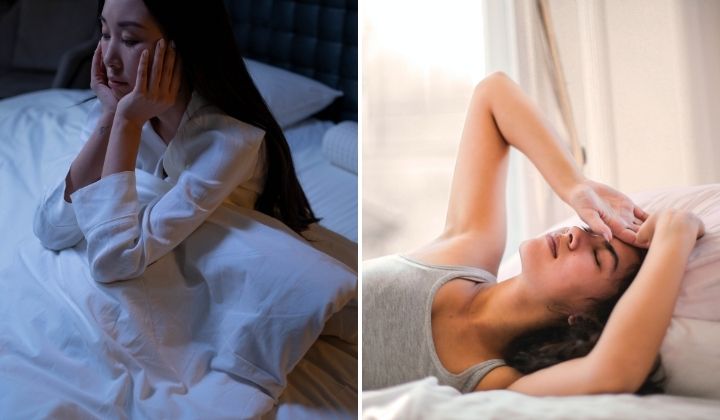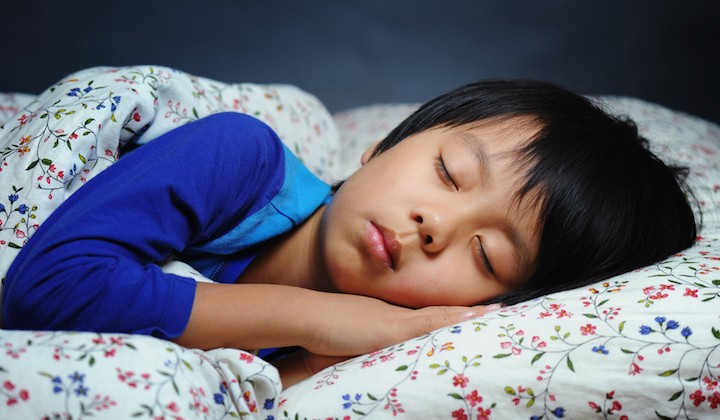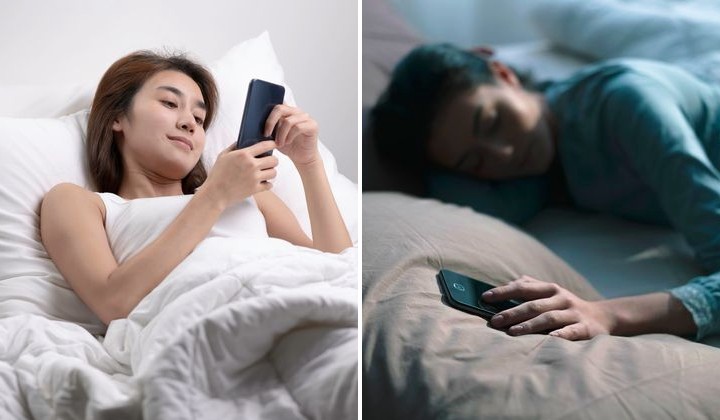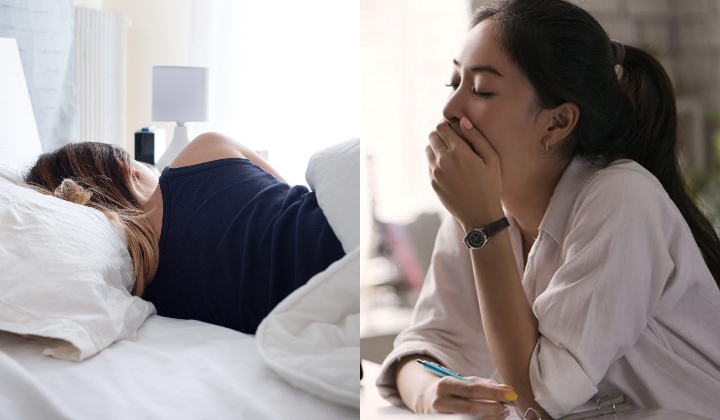5 Things You Shouldn’t Do If You Have Trouble Sleeping
Some of the things you do might be preventing you from getting the best sleep.

Subscribe to our Telegram channel for the latest stories and updates.
Bedtime can be a nightmare for some of us who have trouble dozing off. We want to sleep, but the mind doesn’t seem to want to switch off for the night.
Chances are, there are some of the things that you do that makes sleeping even harder.
Based on a tweet by Associate Professor Dr Amir Syahir, here are the five things not to do when you’re trying to doze off.
5 mistakes people who can't sleep probably didn't aware of.
— Amir Syahir (@amirsyahir19) January 27, 2022
1/ stay on bed, when you can't sleep
this is a big mistake. it'll
• put you under pressure to sleep. the harder you push it the harder you'll get to sleep.
• And, it'll reprogram your brain->bed is not just for sleep
1. Staying in bed
We’ve all been there. We toss and turn while squeezing our eyes shut to force ourselves to fall asleep. Sometimes, we just find ourselves lying awake in bed.
However, doing so actually puts pressure on us to sleep, and the effort backfires on us completely. The longer this goes on, it’ll reprogram our brain to register that the bed isn’t for sleep.
According to Verywell Health, you should leave your bed if you cannot fall asleep within 15 to 20 minutes.
Once you’re out of bed, do some light and relaxing activities such as reading or do some stretches. You should only return to bed once you’re feeling sleepy or drowsy.
Remember to avoid using the computer, television or smartphones because the lights can affect your sleep.
According to the Sleep Foundation, the blue light emitted by gadgets can suppress melatonin, a natural hormone that helps to induce sleepiness.
2. Drinking caffeine in the evening
Some of us are more sensitive to caffeine than others. However, those who are not caffeine sensitive aren’t off the hook either.
According to Amir Syahir, caffeine stays in the blood circulation for 6 to 12 hours. Even if you manage to fall asleep after consuming caffeine, your deep sleep will be inhibited and you might not get a restful sleep.
If you can’t miss your caffeine fix for the day, you can manage it by limiting your caffeine intake before 2 pm.
3. Think that you can’t sleep on an empty stomach
It can be hard to sleep if the stomach makes noise because it’s empty. However, eating close to bedtime can keep the body awake longer.
This is because eating prompts the release of insulin, a hormone that helps the body use the food for energy, which also will shift your circadian rhythm (the body’s sleep-wake cycle).
Amir recommends that you should have your last meal at least 3 hours before bed. This is so the food is completely digested, making it easier for the body to rest and ‘sleep.’
4. Think that you don’t need sleep prep
Contrary to popular belief, the process of getting ready for bed for restful sleep is important. The steps or methods also differ for each person.
For those who are more sensitive to light, they might need to install blackout curtains in the bedroom or to sleep with an eye sleep mask.
Light sleepers probably need to muffle or dampen sounds when they sleep too. They can do this by using a towel to seal the bottom of the bedroom door or placing soft rugs over creaky floors.
5. Sleeping during the day
While it’s tempting to catch up on sleep during the day when you failed to snooze at night, it’s best not to do so.
To reset your body’s clock, you’ll have to fight against the urge to doze off during the day. You can do this by drinking coffee or going out of the house for sunlight.
Basically, you should do anything that wouldn’t put you to sleep in the daytime. Come night time, you might be able to finally sleep soundly.
Hopefully, you’ll get a good night’s rest soon now that you know what not to do.
Share your thoughts with us via TRP’s Facebook, Twitter, and Instagram.





